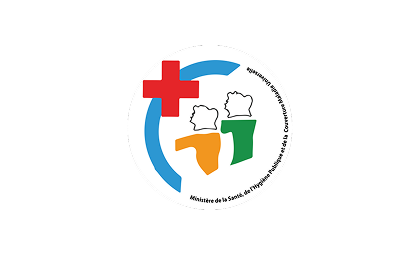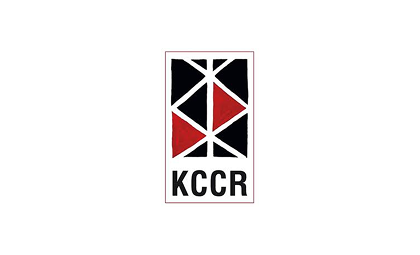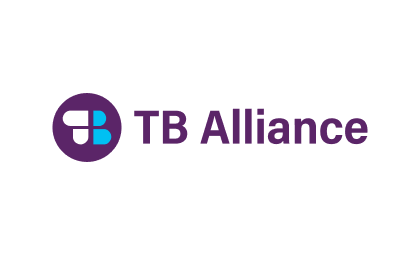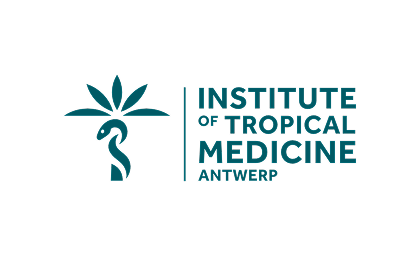Telacebec to Control Buruli Ulcer and Leprosy
This project aims to simplify and improve treatment for leprosy and Buruli ulcer using telacebec, through shorter, safer regimens. Clinical trials will help define a new standard of care for affected communities.
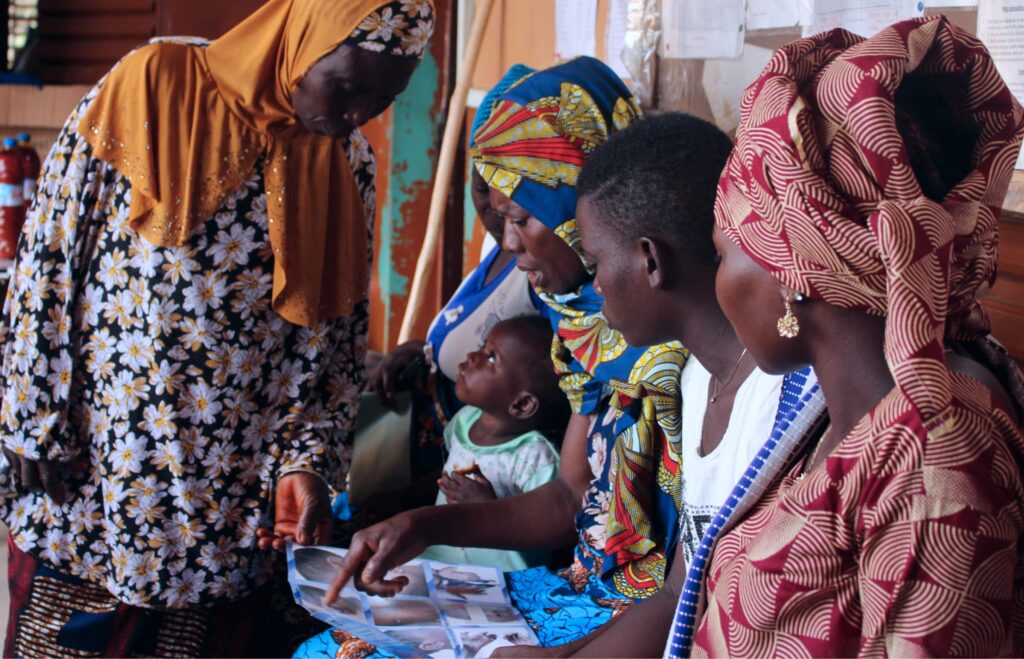
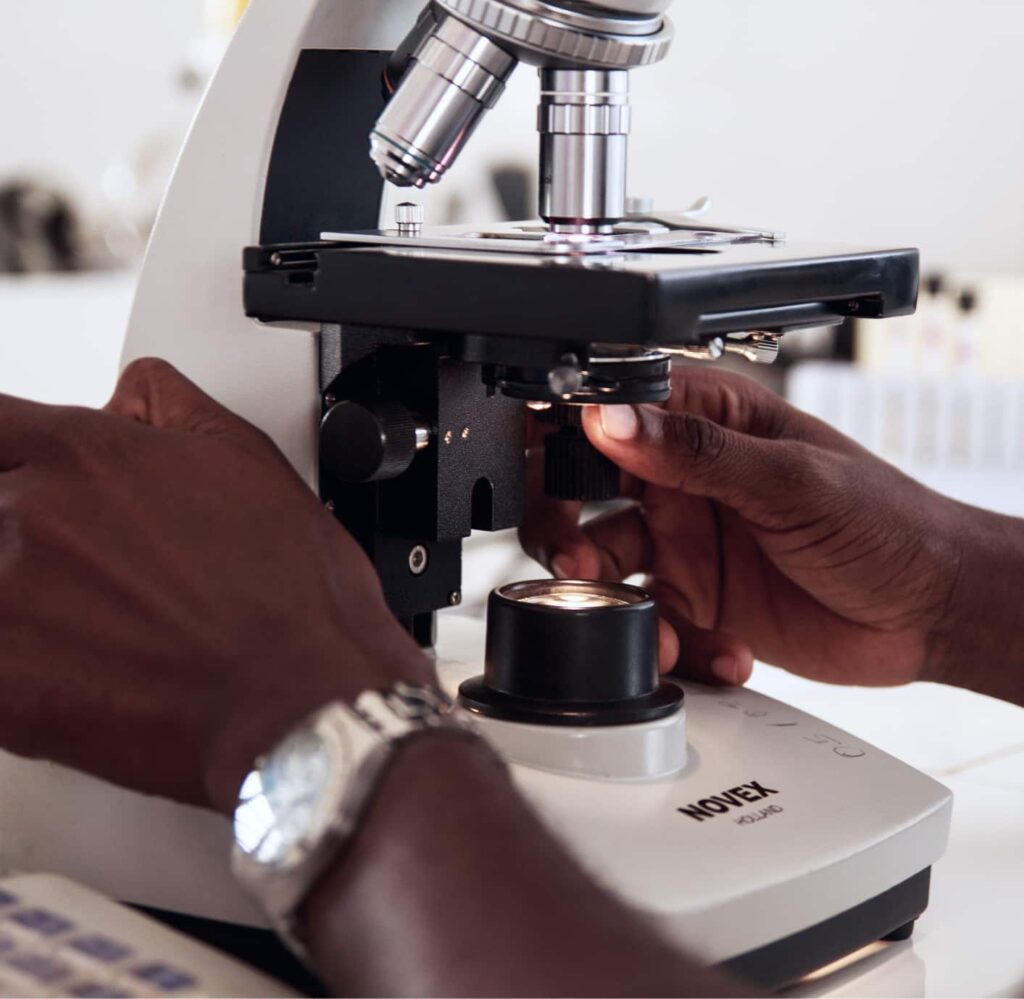
The Project
1.
Two Neglected Tropical Diseases
Leprosy and Buruli ulcer are debilitating skin diseases widespread in sub-Saharan Africa. They cause lasting disabilities, stigma, and economic hardship in already vulnerable communities.
2.
Children & Rural Communities
Children and rural populations are most impacted. Current treatments are long, complex, and difficult to access or complete, especially in remote areas with limited healthcare infrastructure.
3.
Current Treatments: Long and Burdensome
Leprosy treatment involves multiple drugs over 6 to 12 months. Buruli ulcer requires three pills daily for two months, with healing taking up to a year. These regimens are not only complex but also hard to follow in real-life conditions.
4.
Serious Side Effects and Added Stigma
Leprosy drugs can cause visible skin discoloration (clofazimine), worsening stigma, or life-threatening allergic reactions (dapsone). These side effects further isolate patients and discourage treatment adherence.
5.
A Promising New Compound: Telacebec
Telacebec has shown strong activity against the bacteria that cause both diseases. Because of their unique cellular structure, these pathogens are highly vulnerable to telacebec, which could allow for shorter, safer, and more effective treatments.
6.
An Ambitious, Collaborative Project
Two clinical trials will test telacebec-based treatments for leprosy and Buruli ulcer. A multidisciplinary team will lead drug development, research, and community engagement to ensure access to a new standard of care.
Objective
The overall objective of the project is to demonstrate the superiority of telacebec-based treatment regimens compared with current standard-of-care treatments for BU and a dose ranging study for leprosy. These studies are designed to show the potency of telacebec given for shorter treatment duration and fewer drugs than standard of care.




